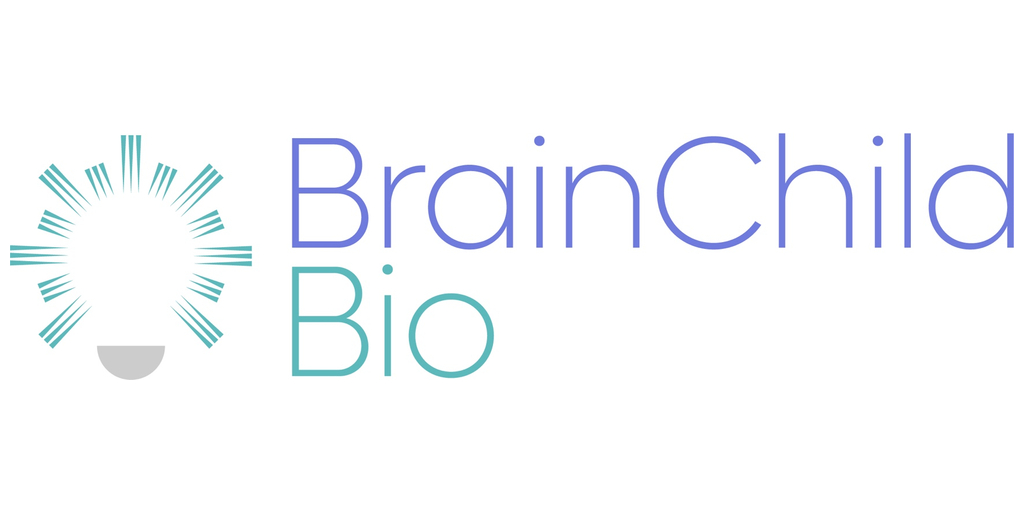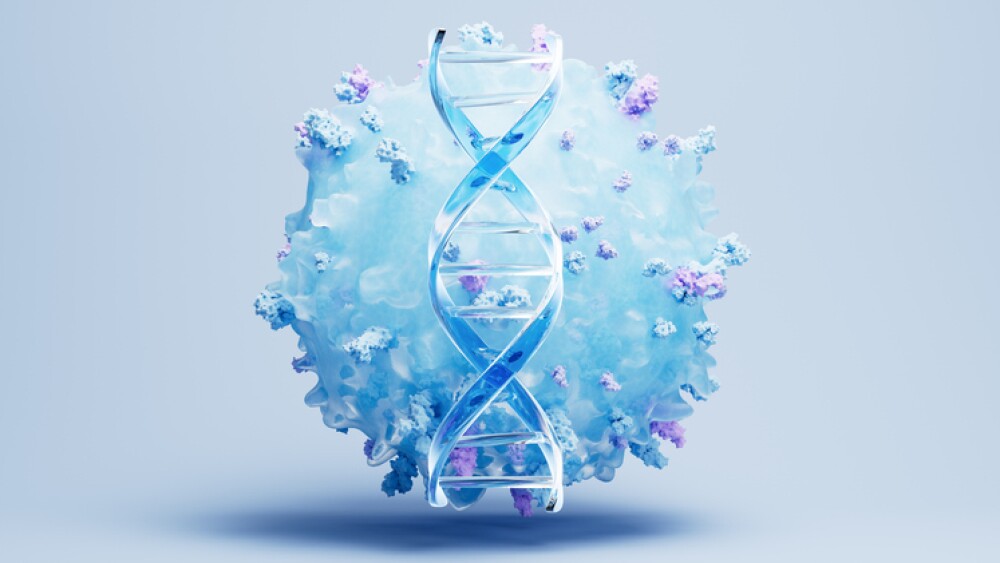The Company has aligned on clinical plan based on a positive FDA meeting, leveraging clinical data from a first-in-human Phase 1 trial published today in Nature Medicine
BCB-276 uses repetitive intracerebroventricular dosing to treat diffuse intrinsic pontine glioma (DIPG), a pediatric brain cancer with no approved treatments
SEATTLE & CAMBRIDGE, Mass.--(BUSINESS WIRE)--BrainChild Bio, Inc., a clinical-stage biotechnology company developing CAR T-cell therapies to treat tumors in the central nervous system (CNS), today announced the clinical development plan to advance BCB-276, its lead autologous CAR T-cell therapy targeting the immune checkpoint B7-H3, for diffuse intrinsic pontine glioma (DIPG), a type of incurable pediatric brain tumor.


The company plans to advance BCB-276 in a single pivotal registration trial designed to accelerate the path to submit a Biologics License Application for the treatment of children and young adults with DIPG. This clinical plan is based on alignment with the U.S. Food and Drug Administration (FDA) at a Type B meeting to proceed directly to a multi-center Phase 2 pivotal clinical trial. This potentially accelerated clinical path for BCB-276 is supported by the promising preliminary safety and efficacy data for SCRI-CARB7H3(s)1 – the research cell product that derived BCB-276 – from a Phase 1 clinical trial conducted by Seattle Children’s, published today in Nature Medicine in this paper.
“We are very pleased to have a solid path forward for our clinical development of BCB-276 in DIPG, enabling us to continue our progress for children and families struggling with this devastating brain cancer that currently has no approved treatments,” stated Michael Jensen, MD, Founder and Chief Scientific Officer of BrainChild Bio. “We look forward to continuing to work with the FDA and to generate the additional data required to support a successful IND submission leading to the initiation of the BCB-276 pivotal trial by the end of 2025.”
Initial Phase 1 data in DIPG patients supporting BCB-276’s development
Seattle Children’s initiated BrainChild-03, a single-center, dose-escalation Phase 1 clinical trial of repetitive intracerebroventricular (ICV) dosing of its B7-H3 targeted CAR T therapy, SCRI-CARB7h3(s), in children with recurrent/refractory CNS tumors and DIPG. The clinical data from a subset of 21 DIPG patients from the Phase 1 study included twelve (12) patients who began their CAR T treatment after disease progression and nine (9) patients who began their CAR T treatment before disease progression.
Preliminary safety analyses demonstrated that repetitive ICV dosing of the B7-H3 targeted CAR T therapy up to 10x107 cells was well tolerated as an outpatient regimen and without lymphodepleting chemotherapy. Preliminary efficacy analyses demonstrate a median time from diagnosis to death for all 21 patients treated was 19.8 months. Three (3) patients, all beginning CAR T treatment prior to disease progression, remained alive at 44.6 months, 45.6 months, and 52.5 months from diagnosis. These data, while preliminary, suggest a meaningful improvement in overall survival for DIPG patients (for both the pre-‑progression and post-progession patient cohorts) as compared to current standard-of-care, which is limited to palliative focal radiation therapy and has a median time of survival from diagnosis of 8-11 months.
“This is a time of strong momentum for the CAR T discoveries and clinical trials in pediatric brain cancer that were spawned at Seattle Children’s and are now highlighted in Nature Medicine and serving as a driving force for the clinical progress with a CAR T therapy for DIPG,” said Dr. Jeff Sperring, Chief Executive Officer of Seattle Children’s. “Our innovation model is built to accelerate technology to bring potential cures to kids faster, and it is gratifying to see that Seattle Children’s launch of BrainChild Bio is supporting the advancement of a CAR T therapy to reach children with an uncurable brain cancer.”
About Diffuse Intrinsic Pontine Glioma (DIPG) and Application of CAR T-cell Therapies
Diffuse intrinsic pontine glioma (DIPG) is a primary high-grade brain tumor that arises in the pons and is uniformly fatal. DIPG affects 200-300 children per year in the U.S. with the majority of diagnoses made in children between 5 and 10 years of age. Current standard-of-care treatment remains limited to palliative focal radiation therapy which results in a median overall survival of only 8-11 months from diagnosis.2 Barriers to effective therapies for DIPG include the precarious location of the tumor in the brainstem, the infiltrative growth of the tumor throughout normal brainstem functional anatomy, and the blood brain barrier that remains relatively intact during tumor progression.
The barriers to effective therapies for DIPG can be effectively overcome by the locoregional delivery of appropriately targeted CAR T-cells directly into the cerebrospinal fluid via intracerebroventricular (ICV) dosing with an indwelling reservoir-catheter device. This enables the potential for extensive exposure of the pons to cerebrospinal fluid flow from the ventricular system, thus permitting infused CAR T-cells to directly access the tumor bed. This also allows for repetitive infusions of CAR T-cells to replenish the tumor bed, offering the potential for more durable and sustained efficacy. Additionally, with the blood brain barrier intact, this therapeutic approach can also minimize any on-target, off-tumor toxicities resulting from systemic exposure of CAR T cells.
About BrainChild Bio
BrainChild Bio, Inc., is a kids-first, clinical-stage biotechnology company harnessing the power of CAR T-cell technology to treat tumors in the central nervous system, prioritizing pediatric indications with plans to expand into adult CNS tumors, specifically Glioblastoma and Brain Metastasis. BrainChild Bio is advancing a next-generation CAR T-cell therapy platform for tumors of the CNS that weaves together synthetic technologies, including multiplex targeting and enhanced potency controls, to enable multiple targets in a single CAR T-cell therapy, novel transgenes to increase potency, delivery technology for durable efficacy, and streamlined CAR T-cell design and manufacturing. BrainChild Bio’s lead drug candidate is BCB-276, an autologous CAR T-cell therapy that targets the immune checkpoint B7-H3, that is advancing in clinical trials for the treatment of diffuse intrinsic pontine glioma (DIPG), a pediatric cancer that forms in the brainstem which currently has no approved treatments. More information is available at www.brainchildbio.com.
_____________________________________________________________
- Seattle Children’s Therapeutics BrainChild-03 Phase 1 clinical trial with SCRI-CARB7H3(s), an autologous CAR T cell product designed to specifically target B7-H3 in CNS tumors.
- DIPG Registry.
Contacts
For inquiries or further information, please contact:
BrainChild Bio, Inc.
Kathryn Morris
914-204-6412
kathryn@theyatesnetwork.com




